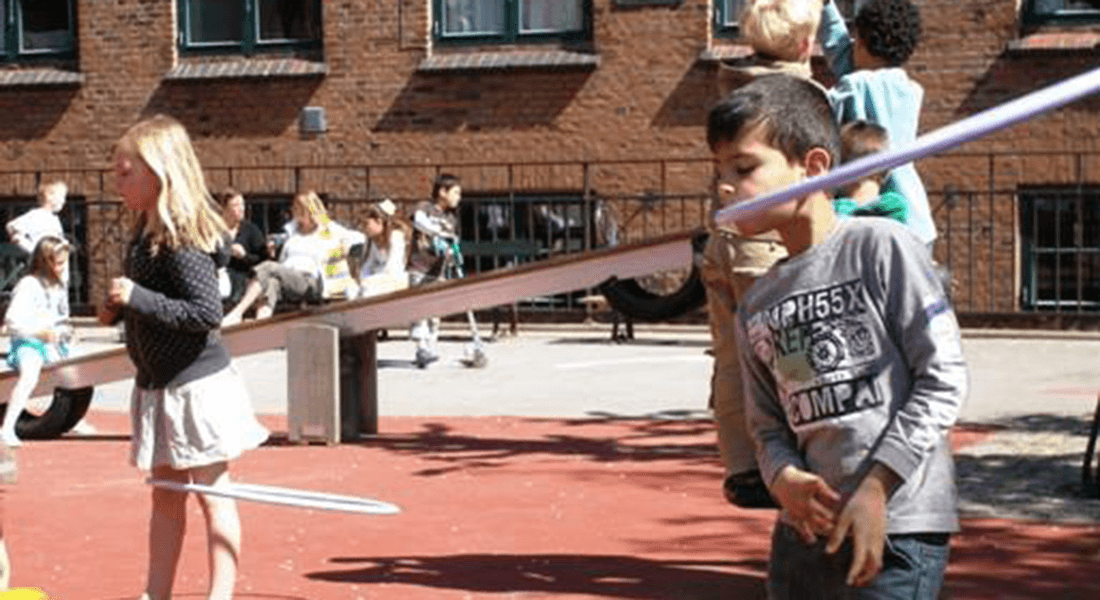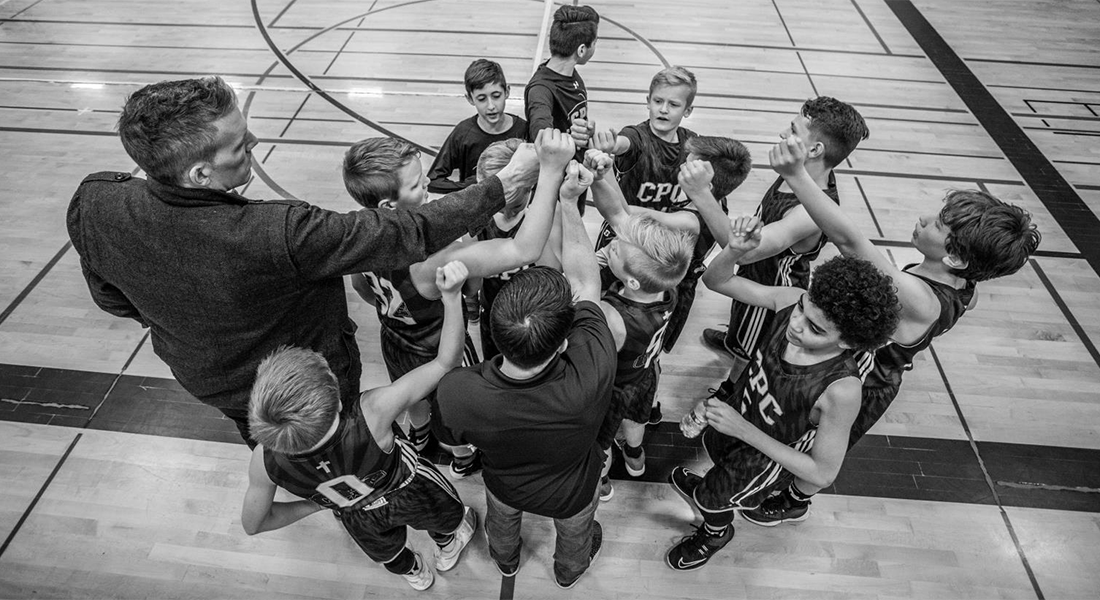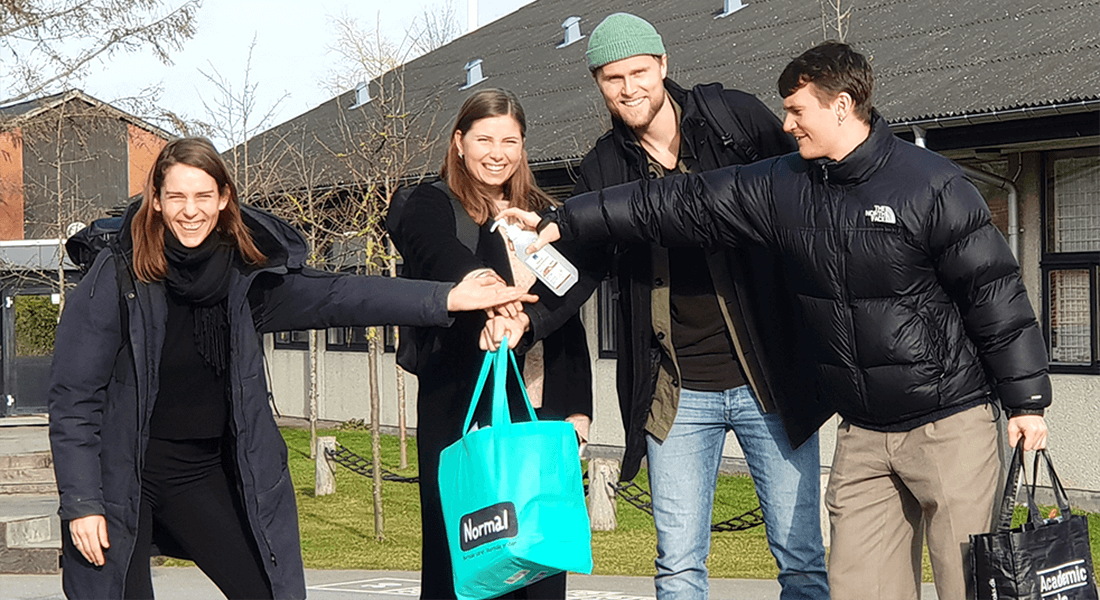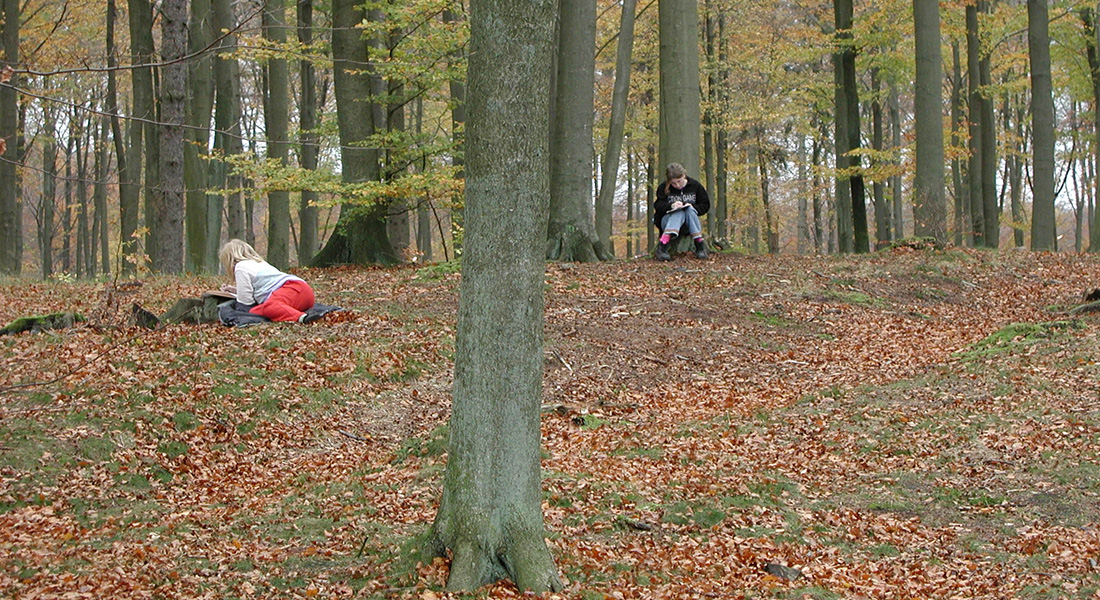A cluster randomized controlled trial of the efficacy and mechanisms of an education outside the classroom intervention on adolescents’ physical activity.
THEME
Physical activities during school and leisure

- How social, cultural and psychological factors in interplay shape children and young people's Physical Activity.
- What impact various physical activities have for psychological and social factors such as learning, well-being, motivation, social relationships, citizenship and inclusion.
Research projects
Project has ended. Period: 2020 - 2023.
A cohort study of conditions in Danish sports associations that promoted young people's well-being and continuation in sports.

The research project examined the impact different aspects of team environments had on young people's well-being, motivation, and continuation in sports. The results provided insight into how to increase well-being, motivation, and continuation in youth sports, and thus reduce the dropout rate in the associations.
Publications
Nielsen, G., Wikman, J. M., Appleton, P. R., Bentsen, P., & Elsborg, P. (2024). Predicting adolescents' continuation in club sports: A prospective cohort study of the importance of personal and contextual motivational factors in five sports in Denmark. Scandinavian Journal of Medicine and Science in Sports, 34(4), [e14616]. https://doi.org/10.1111/sms.14616
About the project
Many members of Danish sports associations dropped out during their teenage years. This was problematic because participation in club sports had positive impacts on quality of life, physical and mental health, as well as social integration and involvement in club democracy. The purpose of this project was to identify factors that were decisive for young people's continuation in sports and to contribute to the work of sports associations and federations to support the well-being of young people and reduce the dropout rate among young people.
Data was collected from approximately 10,000 young athletes in approximately 2,000 associations in 9 sports federations. Measurements of well-being and motivation in sports, as well as the team's environment, were collected one year, and follow-up data about continuation and dropout was collected the following year. This allowed for an analysis of the impact different social environmental factors, experiences, and types of motivation in sport had on young participants' continuation.
The study's particular strength was that it was based on sports and motivational psychology theories, concepts, and questionnaire measurements, which had been developed and tested over a long period of years and had proven to be able to explain young people's well-being in and continuation of sports outside of Denmark. Another strength was that the project examined the impact of factors in club and team environments, which had proven possible to implement in practice in sports associations. This knowledge about what already worked in relation to creating well-being, motivation, and continuation enabled implementable practical recommendations for the sports associations and confederations.
The 9 sports associations that participated in the project were Badminton Denmark, Denmark's Basketball Association, Danish Football Association, Danish Gymnastics Association, Danish Handball Association, Danish Equestrian Association, Danish Skating Association, Danish Swimming Association, and Danish Tennis Association. In addition to the 9 specialist confederations, the project was supported by Denmark's Sports Confederation and DGI.
Involved in the project
Glen Nielsen, Associate Professor, Department of Sports and Nutrition, University of Copenhagen.
Peter Bentsen, Center Manager for Clinical Research and Prevention Bispebjerg and Frederiksberg Hospital. Affiliated Professor, University of Copenhagen.
Peter Elsborg, PhD, postdoc, Health Promotion, Steno Diabetes Center Copenhagen.
Funded by
The Ministry of Culture's Research Pool.
Contact
Associate Professor Glen Nielsen
The aim is to develop and investigate new ways of carrying out team game activities for students in secondary education, with the purpose of creating and establishing inclusive and well-being-promoting youth communities in different youth education settings.
This is done through co-creation workshops and Participatory Action Pesearch approaches in 6 different school contexts
Funded by
Contact
PhD student Adam Steen Rønlund


